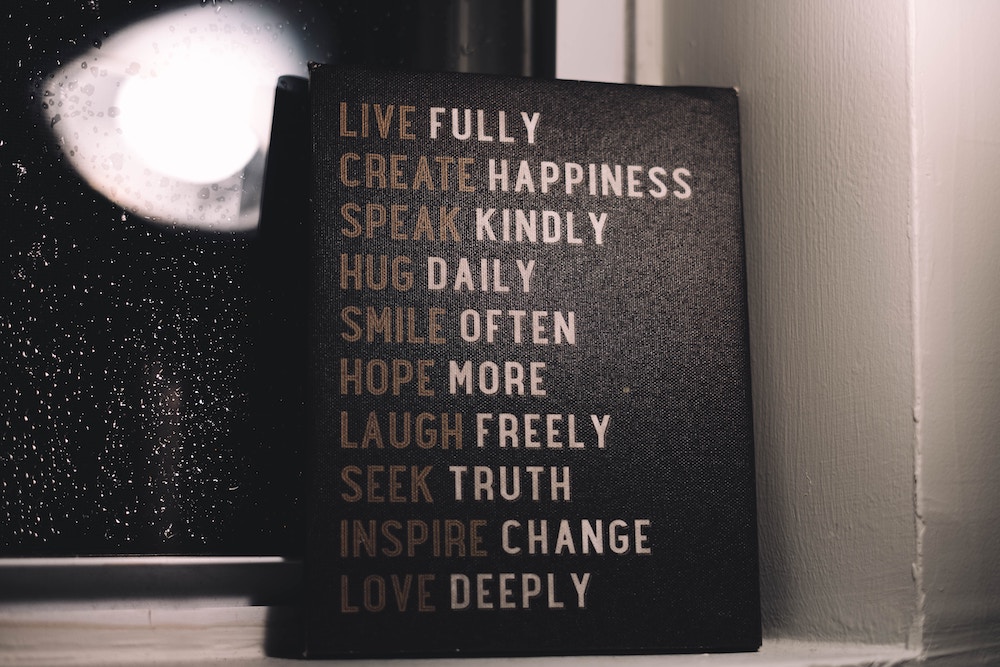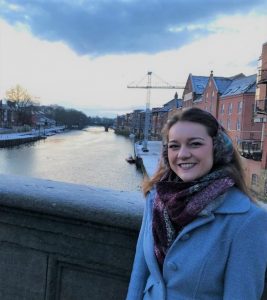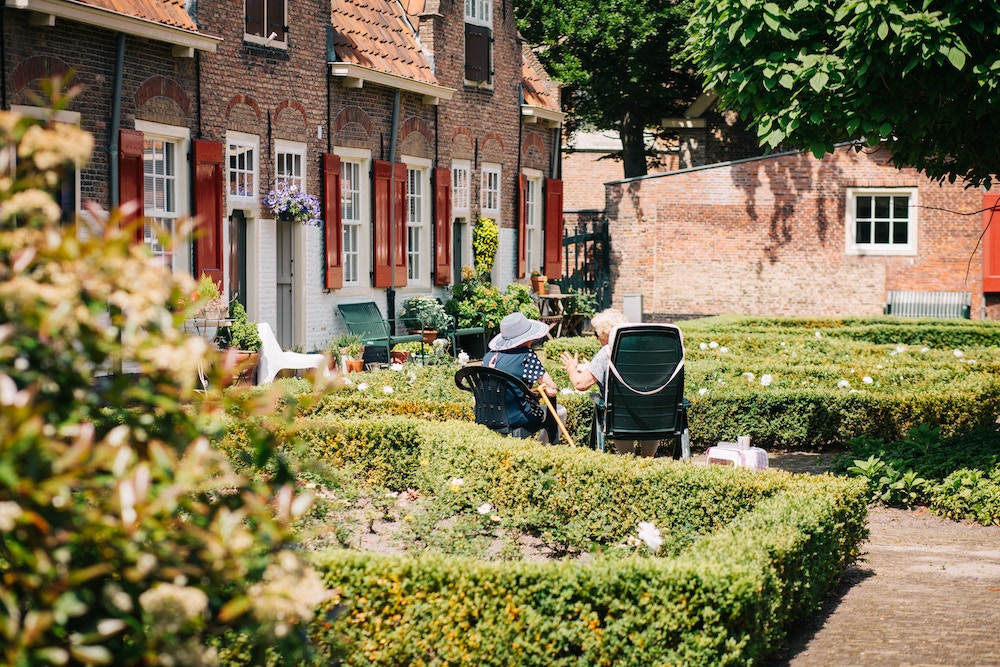Dr Katie Barnett is a Post CCT Fellow with Haxby Group Practice in York and an Honorary Clinical Fellow in the Department of Health Sciences at the University of York. She is on Twitter @drkatiebarnett1 and blogs about wellbeing and fellowship at: Thefellowshipmonologues.wordpress.com
So why should I go to the RCGP Annual Conference…
I can summarise it in 3 words: Enthusiasm, Inspiration and Pride.
Sometimes in primary care we can get isolated. It can feel like the wheels just keep turning and Proud Mary keeps on burning … the candle at both ends. It is easy to lose the wins amongst the negative chatter. It is easy to lose your patience for your patients while thinking about the tasks piling up. It can feel like a pressure cooker of emotional and intellectual labour, just waiting for a swing and a missed diagnosis. With the media adding fuel to the fire. Mainstream talking about GPs missing signs of cancer, dementia, heart failure, depression and everything else they know nothing about. GP magazines talking about burnout and crises and snowflakes and all the while patients wait three weeks for a routine appointment.
I’ll be honest, I have a bit of an ostrich tendency. Stop reading about it and it can’t impact me, stop talking to my colleagues and I won’t hear about how terrible it is… but then the loneliness and cynicism sets in.
And it certainly got my head out of the sand.
Having an event that celebrates our diversity of thoughts, ideas, people and talent is something I think we should be incredibly proud of. The event celebrates everything good with general practice and allows people to connect and learn from one another in a positive and nurturing environment. I attended workshops about art and wellbeing, greener practice, burnout in the wider team, new models of practice, developing research interests and consulting with vulnerable patients (to name a few). I came away inspired to try these changes in my own practice. At my practice we are now looking at ways we can be more green, ways we can improve long term condition management by utilising the wider workforce and bringing in a wellbeing policy with mentors at each site, including the whole team.
And that is just from the breakout sessions. The plenaries genuinely brought tears to my eyes. Jamie Hynes ‘If’ poem, and Roger Neighbours ‘Humankind Ness’ talk gave me that hard to explain feeling of ‘yes. this. so much this.’ Sir Michael Marmot, chosen by President Mayur Lakhani to provide the John Hunt lecture for this year, spoke with passion about social inequality still being the greatest barrier to good healthcare. He empowered us to take this knowledge to our communities and fight for those with less by trying to close the gap between rich and poor and think about how we can provide healthcare for those who do not seek it but for whom it can have the greatest impact. Prof Becky Malby spoke with amazing energy about the myths surrounding what primary care needs and following the evidence rather than the policies. As the talk directly following the health secretary Matt Hancock, and his policy driven talk of video consultations based on limited evidence, this was a fantastic juxtaposition.
Encouraging us to call out the inappropriate negativity in our own ranks.
After the conference my overarching thoughts about my job are those of pride, not negativity. I will find patience because we are moving in a direction where I will have the time. I will be kind to my team, because they are facing the same pressures as me. I am filled with renewed vigor for the profession I love, and the patient care I provide. I came into this profession wanting to build relationships that help people. Why medicine? The perfect combination of art and science. Why general practice? I meet on average 30 new people a day, hear their problems, seek to work with them to find solutions, and build a relationship on which they may find their why. It’s an absolute privilege, and I never want to lose that.
Working together and leading each other with kindness, enthusiasm and pride.
If, as our inspirational chair Helen Stokes Lampard says, we play Lego instead of Jenga, we can build a future where we can provide the level of care we strive for, where we enjoy going to work because we have the headspace to think around the tricky problems, and people surrounding us who help us through the tough times and celebrate the good times with us. Working together and leading each other with kindness, enthusiasm and pride. All of which were cultivated and celebrated at a hugely enjoyable conference with friends and colleagues. I can’t wait for next year.
We have been surviving individually. Now it’s time to thrive together.
Featured photo by Ty Williams on Unsplash










[…] So why should I go to the RCGPAC, BJGP and BJGP Life: https://bjgp.org/content/70/690/12.1, https://bjgplife.com/2019/11/22/enthusiasm-inspiration-and-pride-at-the-rcgp-annual-conference/ […]